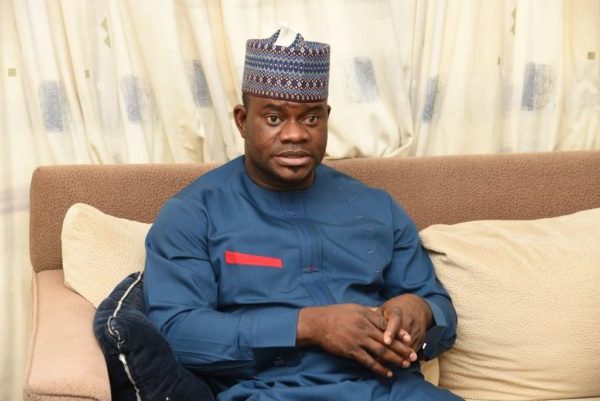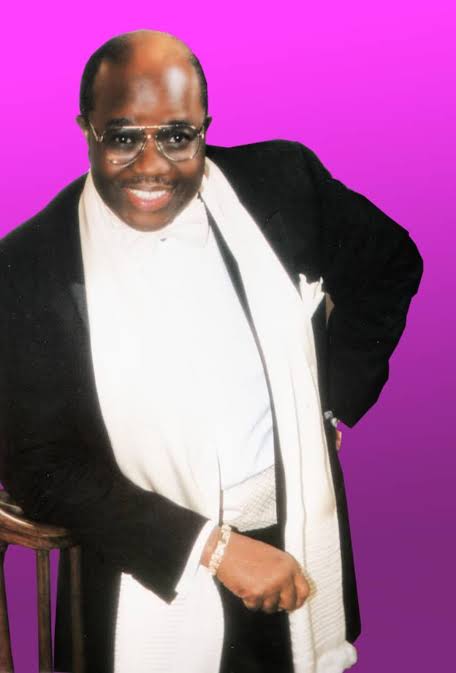Japan celebrated Naomi Osaka ’s groundbreaking victory over Serena Williams in the U.S. Open final on Saturday.
They put her stunning success down to a steely focus and humble attitude as much as her powerful performance at Flushing Meadows.
Osaka, who became the first Japanese woman to clinch a Grand Slam singles title, was a picture of calm in the midst of her opponent’s meltdown that cast a pall over the final.
The 20-year-old, born in Japan but raised in the United States, beat her childhood idol 6-2 6-4 on Saturday in a final marred by Williams’s bad behaviour after being handed a code violation for on-court coaching.
The runner-up also smashed her racket and verbally attacked the umpire, Carlos Ramos, for penalising her.
“Osaka played so well that Serena wasn’t able to play her tennis and she (Williams) got upset,” said Mitsuko Sakai, 63-year-old amateur tennis player who woke up at 5 a.m. on Sunday in Tokyo to watch the final.
“She remained so calm throughout the match” despite the brouhaha, Sakai said.
“I was very impressed by her mental strength. The entire audience seemed to cheering for Serena but Osaka concentrated on the game and won.”
Prime Minister Shinzo Abe congratulated Naomi Osaka on Twitter, thanking her for “giving Japan a boost of inspiration at this time of hardship.”
It was a likely reference to the earthquake that killed at least, 21 in northern island of Hokkaido on Thursday.
Japan has been charmed by Naomi Osaka ’s off-court humility and genuineness as much as her on-court ferocity and that unpretentiousness came through in her post-match comments.
While standing on the podium waiting to be handed her trophy, Osaka heard only boos.
That was because angry crowd took out their frustration on umpire Carlos Ramos, whom they perceived to have been too harsh on Williams.
READ ALSO: Naomi Osaka thrashes tearful Serena Williams to clinch New York Crown
“I know everyone was cheering for her and I’m sorry it had to end like this,” said Osaka. “I just want to say thank you for watching the match.”
Osaka said it was “always my dream to play Serena in the U.S. Open finals,” and that, “I’m really grateful I was able to play with you.
“Watching from Tokyo, 60-year-old tennis fan Kiyoshi Ogawa praised Osaka’s humility: “She tried to make all the attention go to Serena. That’s her beauty.”
Tennis is nowhere near as popular as baseball, soccer or sumo in Japan, and the match was broadcast live only on the Wowow cable channel, not on any major television channel.
But as Osaka prepared to face Williams in Saturday’s final, local media began to contemplate what victory might mean.
The Yomiuri newspaper said: “The combination of her strength and childlike innocence is her charm,” and hailed Osaka as “a new heroine Japan can be proud of.”
Osaka’s biracial identity, being the daughter of a Haitian father and Japanese mother, is also helping break new ground in Japan as her identity challenges the country’s self-image as a racially homogenous society.
She is the latest biracial athlete to enter the limelight in Japan following sprinter Asuka Cambridge and baseball player Yu Darvish.
Naomi Osaka left Japan when she was three and was raised in New York and Florida, holding both Japanese and American citizenship.
She addresses fans on camera in broken Japanese — which has helped win over the public here.
While Japan is becoming more ethnically diverse — one of 50 births is to biracial couples these days.
But there is still plenty of prejudice against “haafu,” or half-Japanese, including cases of bullying mixed race children because they look different or have different names.
Public attitudes are slowly changing as Japanese society becomes more integrated with the global economy, and the emergence of more ethnically mixed celebrities, especially in sports, is helping.
At the 2016 Rio Olympics, Mashu Baker won a gold medal in judo and Cambridge anchored the silver medal-winning 4×100 meters relay team.
“Japanese are getting more accustomed to people from other cultures,” said Hirotaka Matsuoka, a professor of sports marketing at Waseda University in Tokyo.
“If an athlete isn’t half-hearted and really makes it clear they are representing Japan, then the public will support them.”












